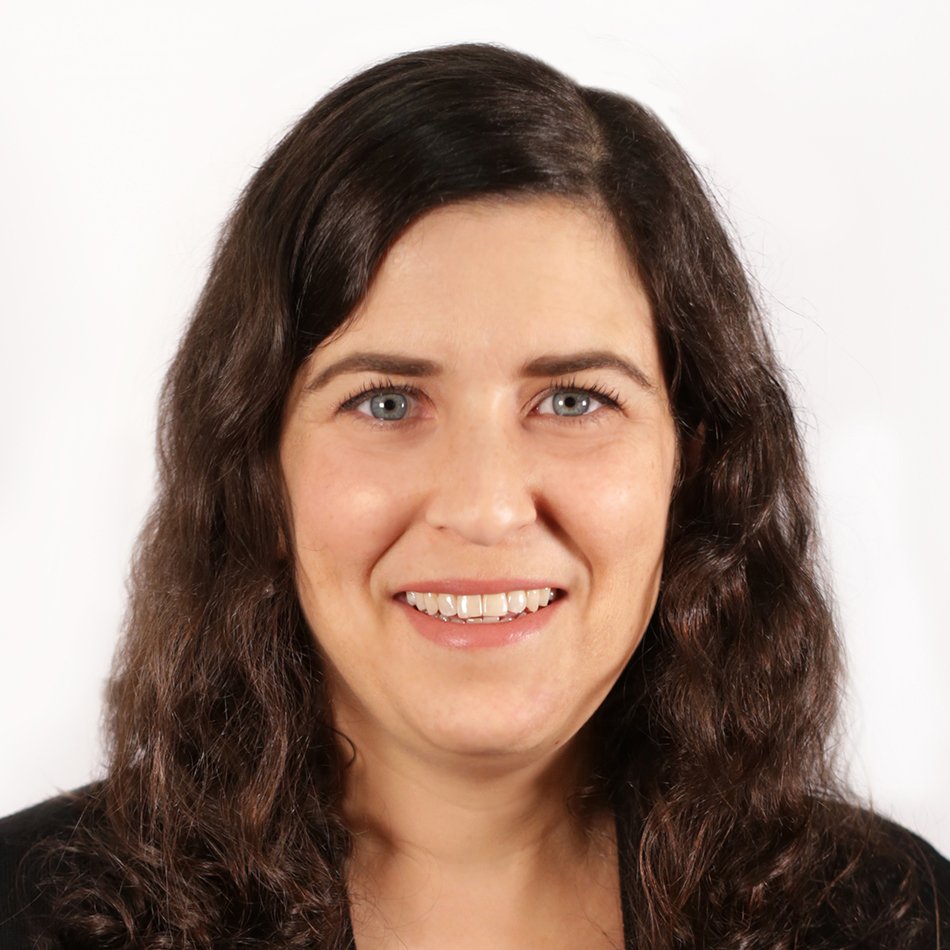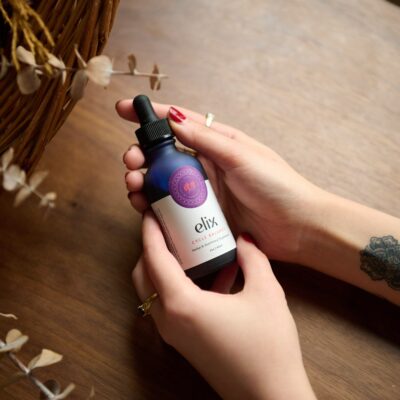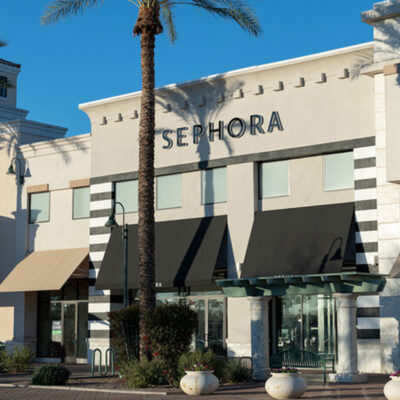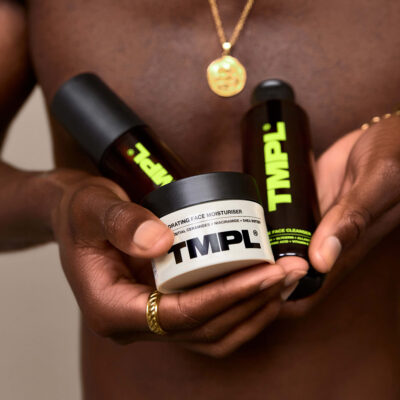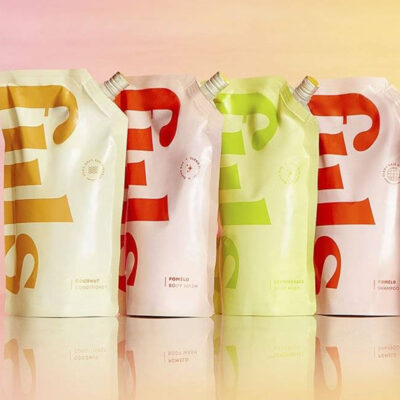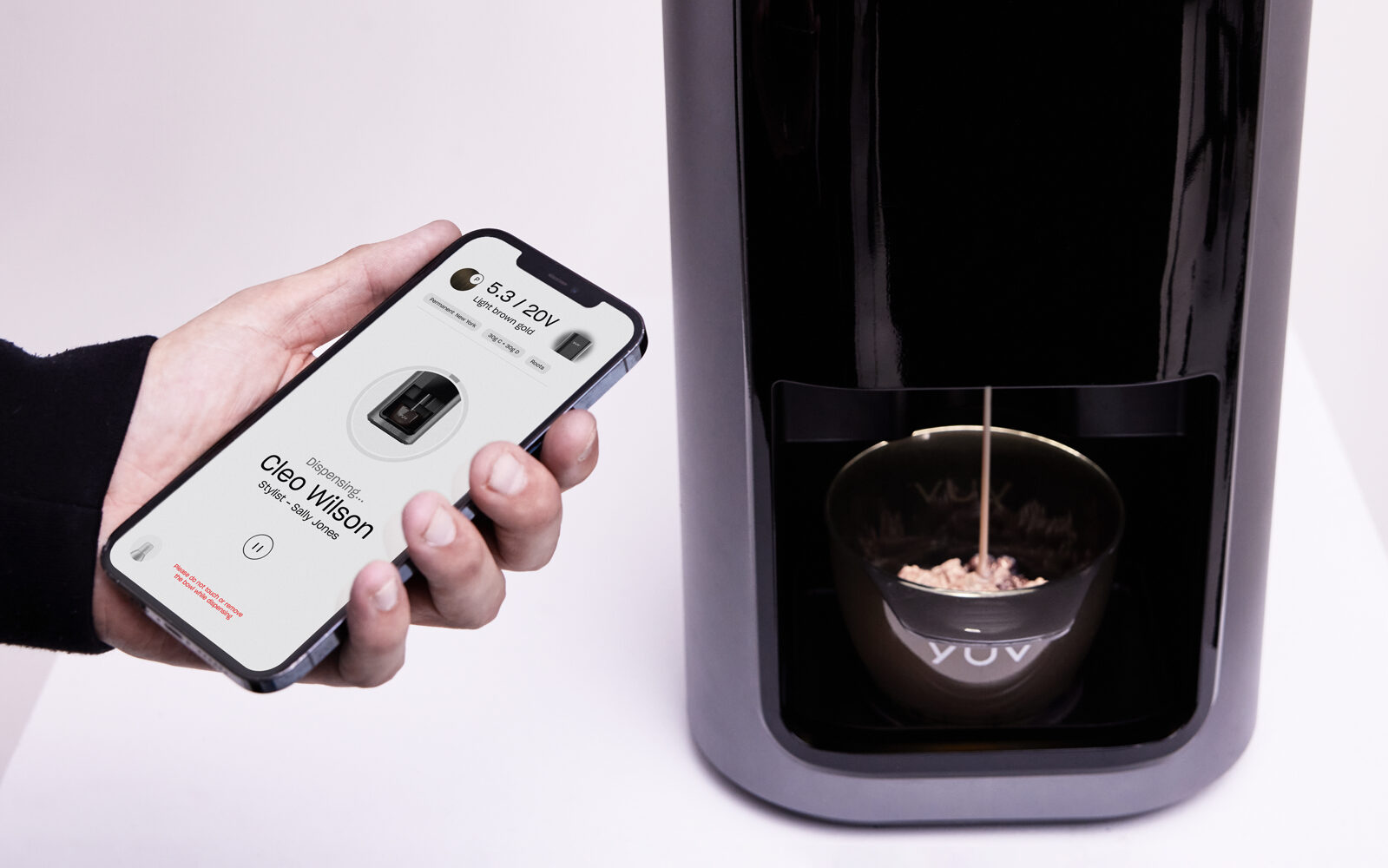
With eSalon, Francisco Gimenez Customized At-Home Hair Color. Now, He’s Customizing And Automating Salon Hair Color With Yuv.
As the earth knows full well, humans have a waste problem. That waste problem isn’t simply bad for the environment, it can also be bad for business in settings like salons where wasted products eat into profits.
Francisco Gimenez, co-founder and formerly CEO of eSalon, an at-home hair color customization concept that sold to Henkel in 2019, is out to reduce hair color wastage in salons with Yuv, a new London company focused on a Keurig-style machine it calls the Lab that can whip up millions of hair color combinations and save salons hundreds and hundreds per year. Rather than hair colorists having to mix hair color by hand, the machine automates the process and dispenses a client’s hair color in 30 seconds.
“There is so much waste going on with formula mixing. It takes time to mix something properly. Not everyone measures things properly with a scale, sometimes it’s just a lot of eyeballing,” says Gimenez. “Then, maintaining the proper stock of inventory requires a lot of planning and trying to figure out which shades you are lacking to reorder, and salons have challenges having to stock so many types of color. The whole point is it’s very inefficient.”
Technology is at the heart of Yuv Lab’s efficiency promise. The company charges salons or hairdressers 49 pounds or roughly $61 per month for the machine that’s connected to an app storing their hair color recipes. It comes with 200 pounds or about $248 worth of hair color cartridges to start, but the hair color isn’t paid for upfront. Yuv operates on a pay-as-you-go system, and salons or hair colorists pay for the hair color they deplete.
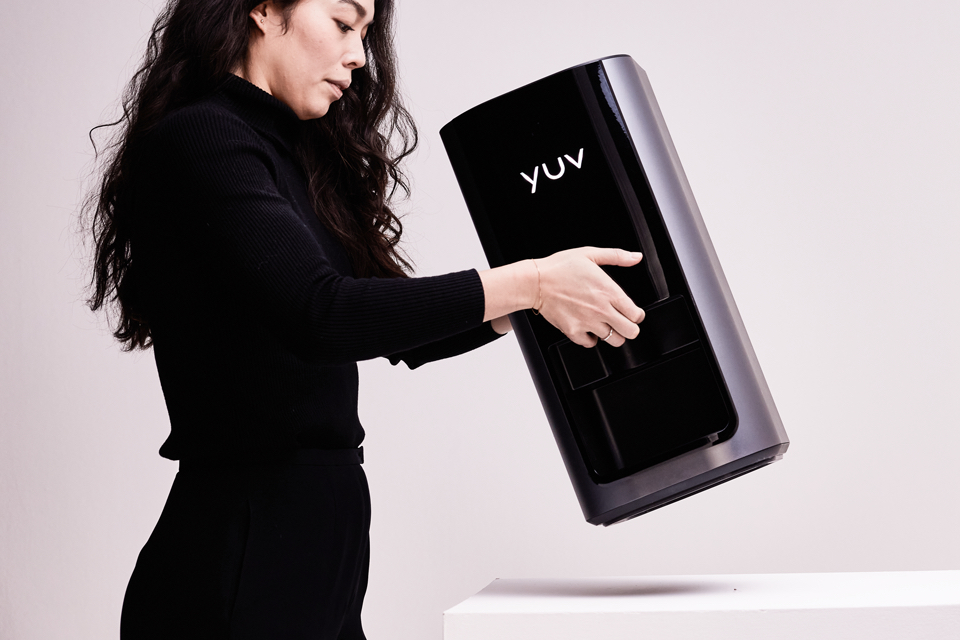
The business model is centered on replenishment. The prices of Yuv’s hair color are similar to the prices of other premium hair colors on the market. Permanent or demipermanent hair color is 10.80 pounds or roughly $13 for 60 grams, and semipermanent hair color is 8.40 pounds or roughly $10 for 60 grams. Yuv’s cartridges are refillable, and the company sends salons or hair colorists labels to return empties in the boxes the cartridges arrived to them in.
“You want to make the equipment as affordable as possible so it becomes a no-brainer,” explains Gimenez. “We didn’t want to put a high price point. Putting a high price point for leasing or subscribing to the equipment, that will deter a lot of your consumers, especially freelancers. They will consider, ‘Oh yeah, I love the idea, but, if I have to pay too much for the equipment, it defeats the purpose of saving money.’”
“There is so much waste going on with formula mixing.”
Informed by algorithms assessing the hair color used in salons and by hairdressers, Yuv delivers hair color to them every two weeks and estimates it cuts their hair color expenses by up to 35%. “We want to bill you for what you actually are using. We create these algorithms that stock each salon automatically based on what shades you’re actually using,” says Gimenez. “So, you don’t have to worry about inventory tracking. For salons, it’s a huge benefit not having to worry about not only having to pay for the inventory, but also they don’t have to worry about ordering whatever shades they need.”
If they were judging on savings and inventory management proficiency alone, Gimenez believes Yuv would have no issues winning over salons and hair colorists. However, he acknowledges there are several barriers to salons and hair colorists hopping on its machine. The biggest one is that Yuv has to have good hair color. Not matter how cool the Lab is, a bad dye job isn’t worth it for salons where hair color generally drives the majority of revenue.
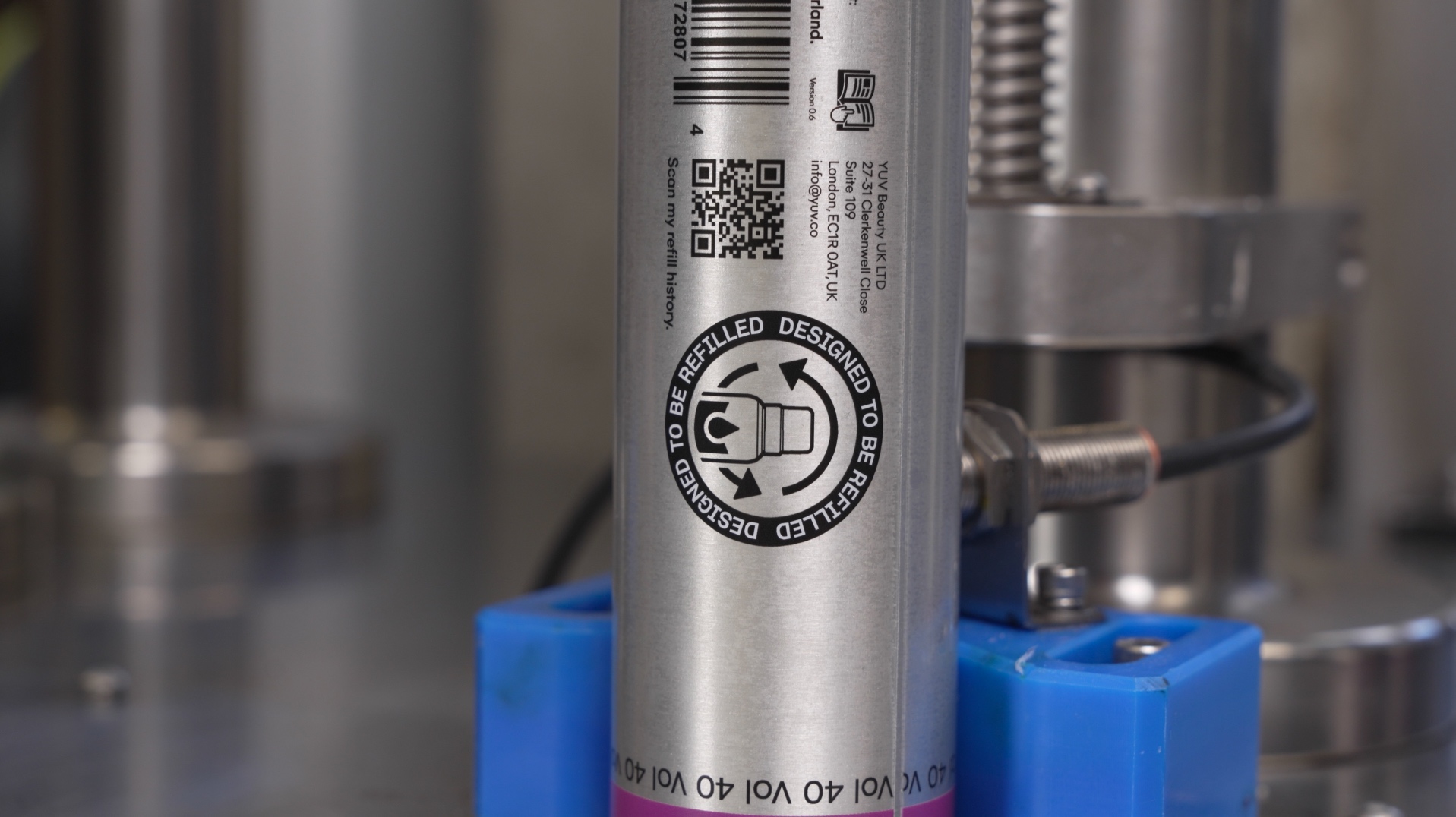
Yuv turned to an expert manufacturer in Switzerland to produce hair color formulated to keep allergic reactions at bay. The hair color steers clear of 1,4-phenylenediamine (PPD) and 1,4-toluenediamine (PTD), hair dye precursors that are common allergens, and relies on 2-methoxymethyl-PPD (ME-PPD), a hair dye precursor that’s been shown to diminish allergic reactions with equivalent performance. In addition, Yuv’s hair color doesn’t contain fragrance as fragrance can cause scalp irritation.
Beyond the performance of the hair color, hair colorists may not be interested in parting with their current options because they’re comfortable with those options—and so are their clients, who’ve been depending on the existing hair colors. To get salons and hair colorists comfortable with switching, Yuv tries to grasp what’s been effective for them to date to enable its machine to replicate that.
“You want to make the equipment as affordable as possible so it becomes a no-brainer.”
He explains, “Instead of forcing people to learn a new system, we will actually customize each individual hairdresser’s account. We can understand what they prefer and customize the product for everyone to ensure a smooth transition from whatever they’re using.”
Yet another barrier is that hairdressers often enter the hair industry because it allows them to be creative, and the idea of automation may inspire fear that their creativity will be sapped. But Yuv pledges it amplifies creativity. Its machine enables hair colorists to play with tones, ammonia levels, pH, opacity and more, and repeat the results of their playing consistently after they’ve pinned down their desired concoction. Gimenez envisions hair colorists developing tailored hair color palettes akin to Spotify playlists of hair dye that they can leverage to boost their personal brands.
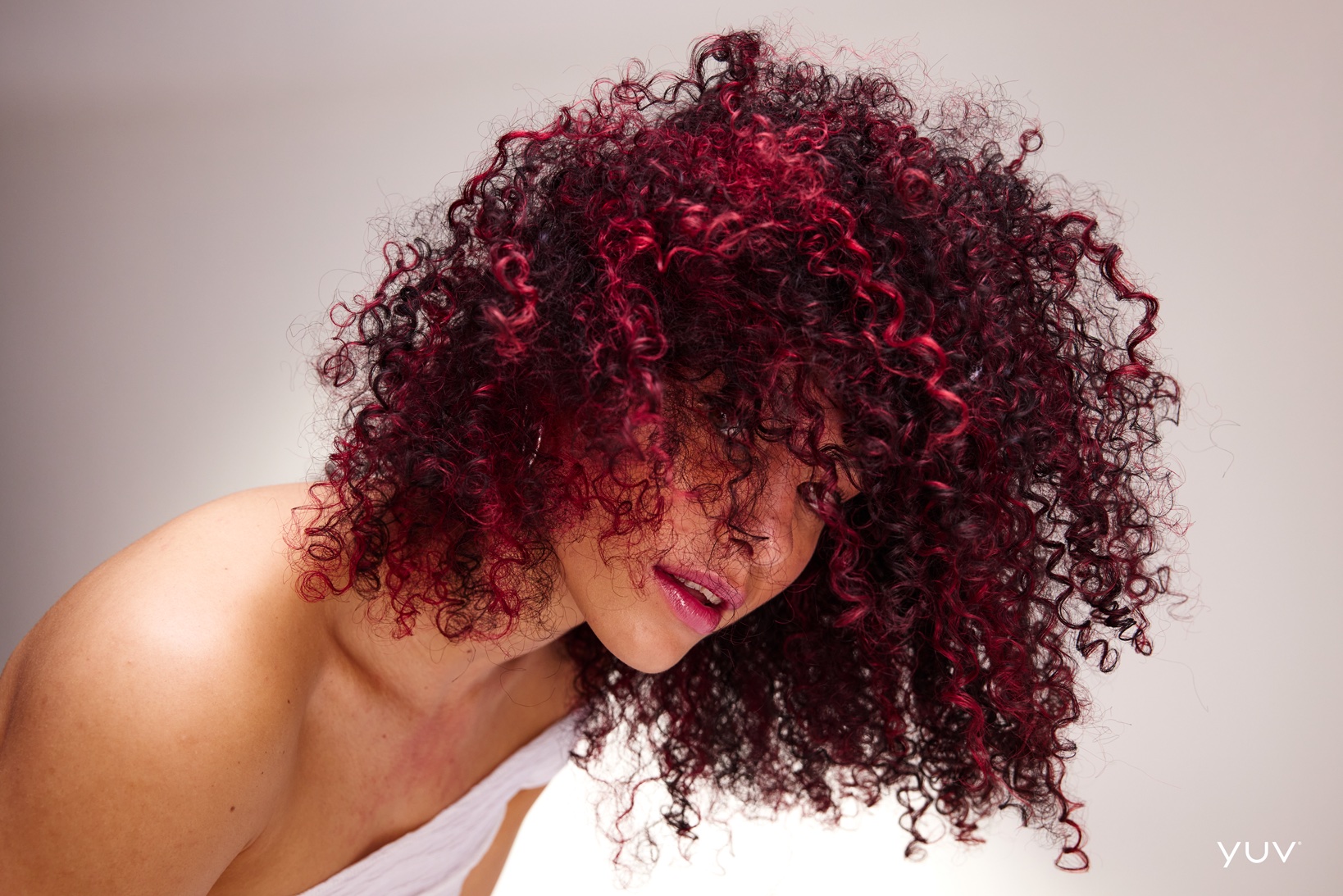
“The creativity is still there because you are creating the color, and the mechanical part of the mixing or dispensing the color is being left to us to help you,” he says. “They can do what they do best, which is the creativity part of it.”
Due in large part to his successful stewardship of eSalon, Gimenez, an industrial engineer with an MBA from UCLA who was a VP at PriceGrabber prior to eSalon, has drawn investor interest in Yuv. It’s raised more than $5 million, and Hourglass founder Carisa Janes is a prominent backer.
Yuv has a ton of growth opportunities—it could expand into various product categories, fashion different tiers of machines and harness salon data to knock out trendy hair color offerings, for instance—but Gimenez is taking his time. It was 11 years from eSalon’s founding to its exit, and the experience taught him the value of conscientiously building a business.
As he revs up Yuv, Gimenez is carefully erecting its salon and hair colorist network salon by salon and hair colorist by hair colorist. Asked about revenue targets, he answers, “I really want our first clients to be satisfied, and then the volume will come. So, to me, the No. 1 thing is the satisfaction of those first clients. We’re going to be releasing the first few devices very selectively, and we’re starting for the next few months only in Central London. The plans for growing will happen once everything is ready.”
